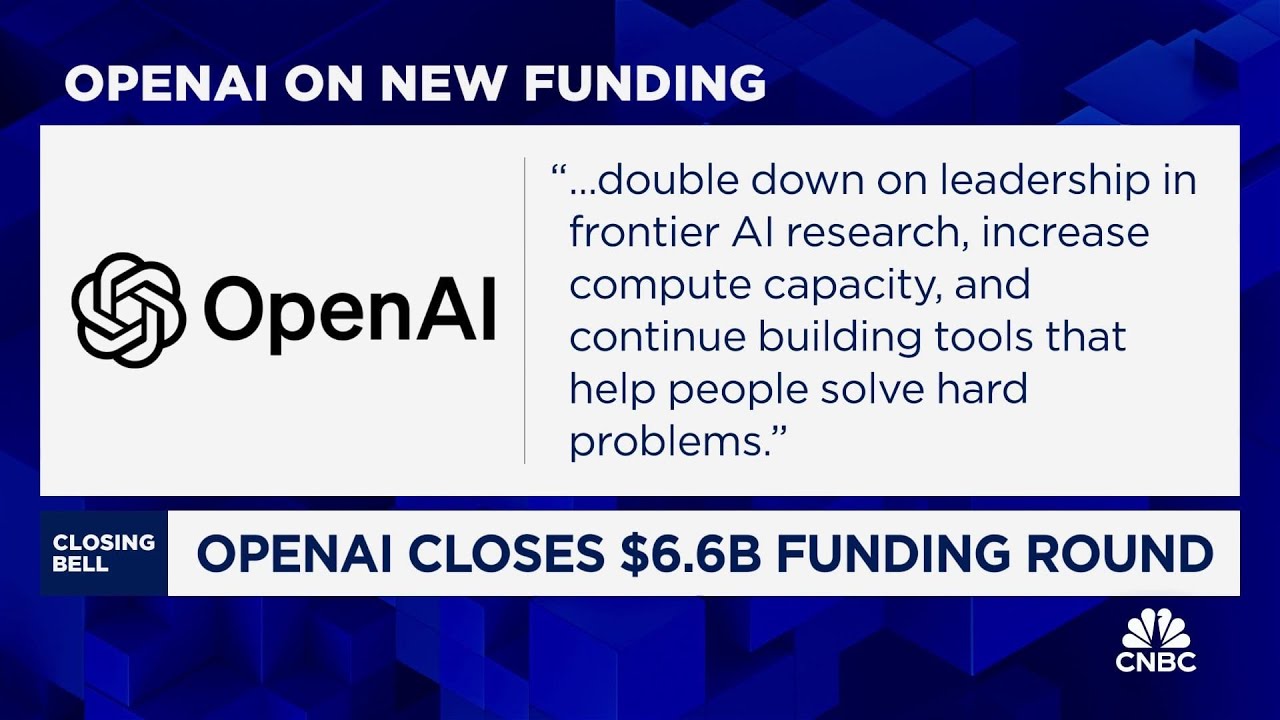OpenAI has raised $6.6 billion in a funding round led by Thrive, valuing the company at $157 billion and highlighting its rapid growth with 250 million weekly users. Despite interest in a potential IPO, OpenAI is currently operating at a loss and is focusing on enhancing AI research and tools while navigating competition and long-term objectives.
OpenAI has successfully closed a significant funding round, raising $6.6 billion, which is one of the largest in Silicon Valley’s history. This funding round values the company at $157 billion post-money and was led by Thrive, with participation from notable investors such as SoftBank, MGX, and ARK Invest. The capital raised will be utilized to enhance AI research, increase computing capacity, and develop tools aimed at solving complex problems.
The company, known for its popular product ChatGPT, has seen remarkable growth, boasting 250 million weekly users, which is more than double the number from a year ago. This surge in user engagement highlights OpenAI’s increasing influence and presence in the AI sector. The company’s valuation places it among the most valuable private American companies, ranking just behind SpaceX and ahead of Stripe.
In terms of market comparison, OpenAI’s valuation exceeds that of several well-known companies, including Goldman Sachs, Uber, and Lockheed Martin, and is approximately double that of Chipotle. This impressive valuation underscores OpenAI’s significant position in the tech industry and its potential for future growth.
The conversation around OpenAI’s transition to a for-profit model raises questions about a potential initial public offering (IPO). While there is considerable interest from investors regarding the company’s public debut, it appears that OpenAI is not in a rush to go public. The hiring of Sarah Friar as CFO is seen as a strategic move, indicating that the company is taking the prospect of becoming a public entity seriously.
Despite the positive growth and interest in an IPO, OpenAI is currently operating at a loss. The company faces challenges related to competition and the need for continued growth before considering going public. As long as they can maintain employee satisfaction and provide liquidity for their shares, there may not be immediate pressure to pursue an IPO, allowing OpenAI to focus on its long-term objectives.
